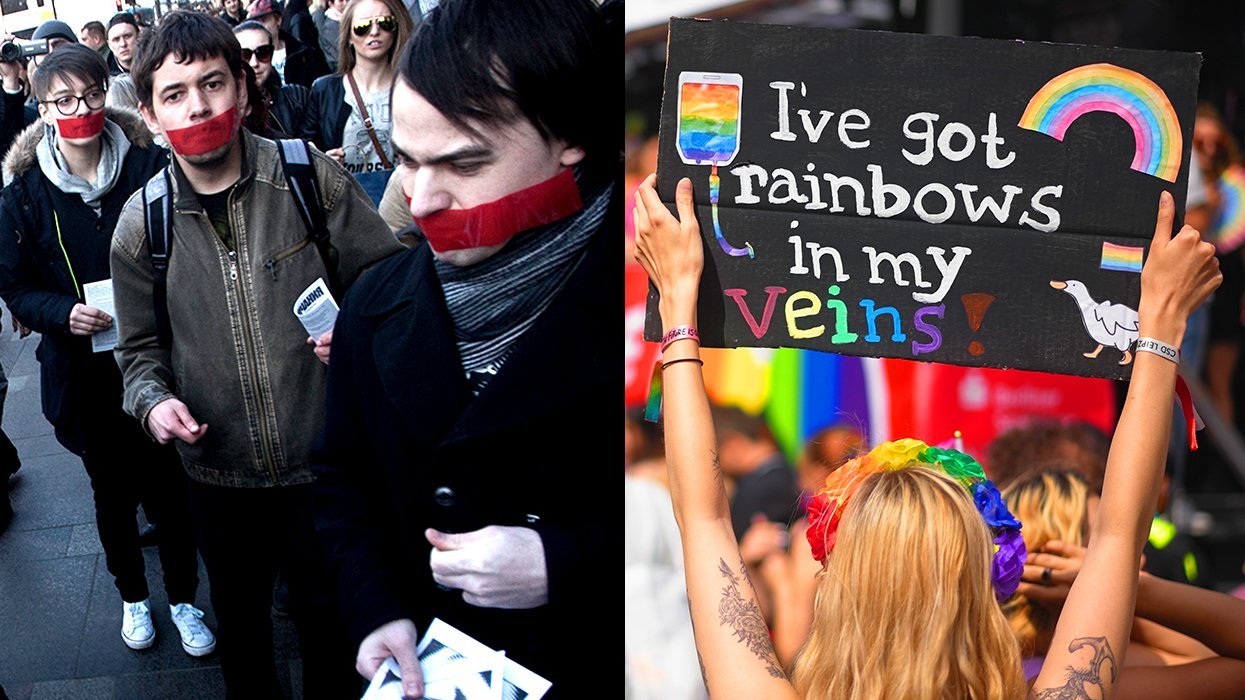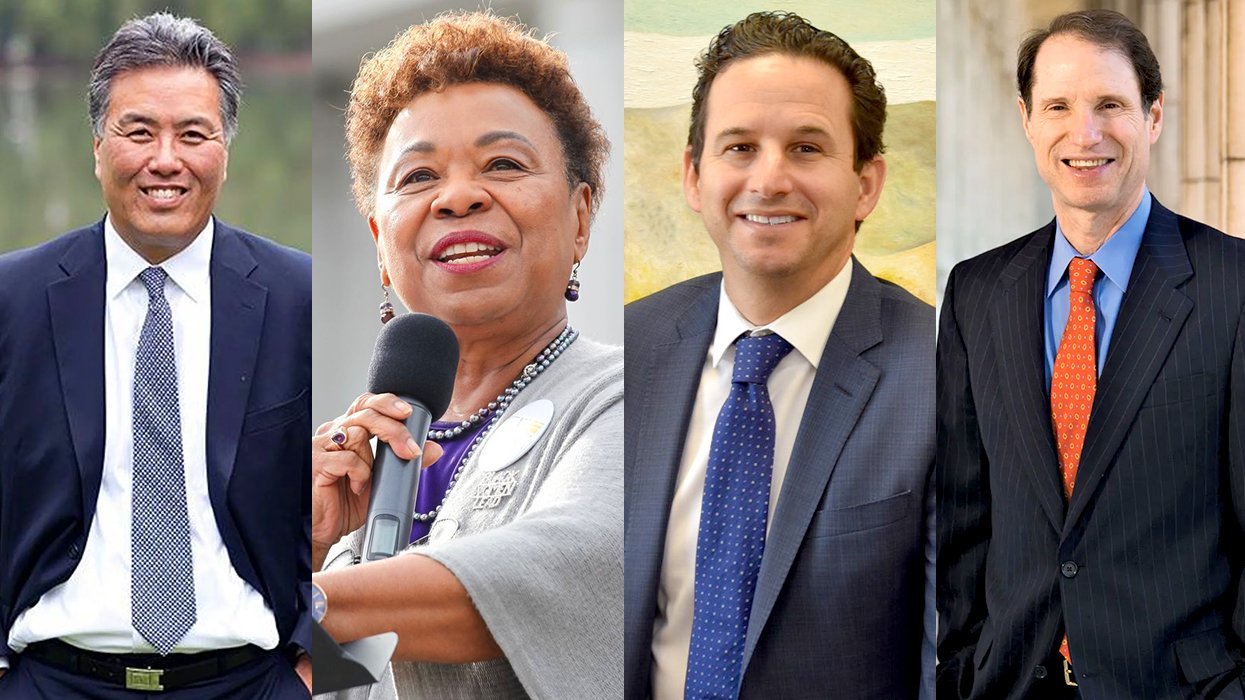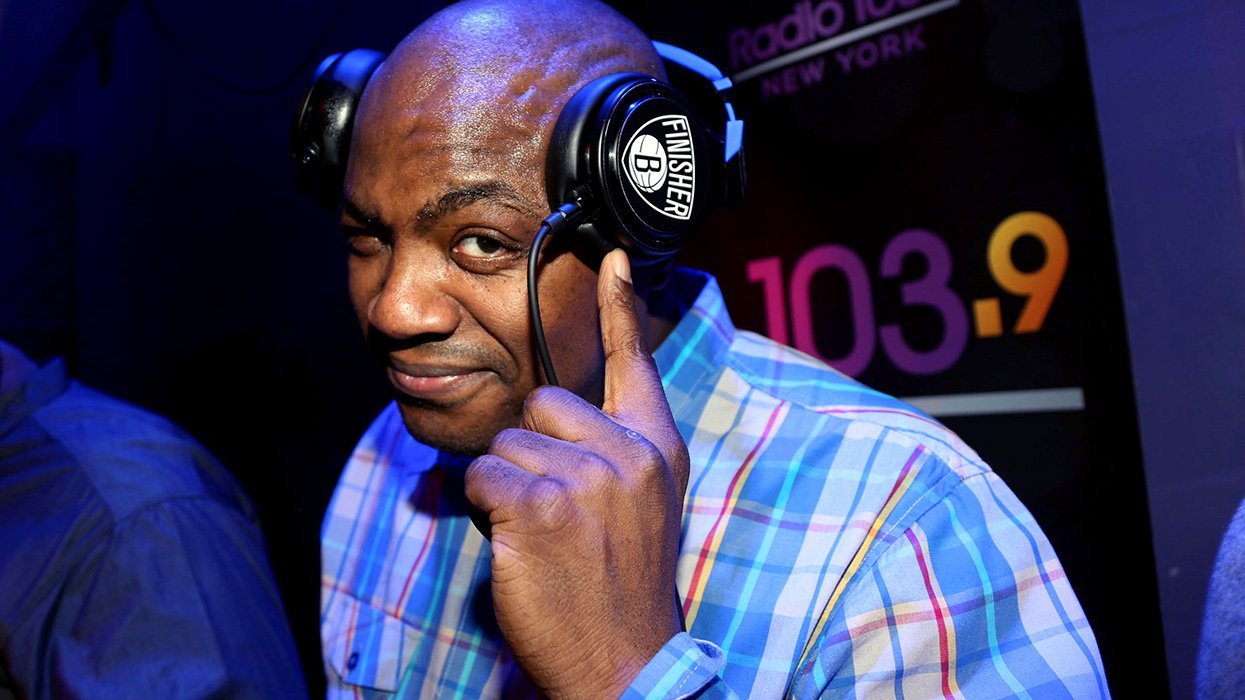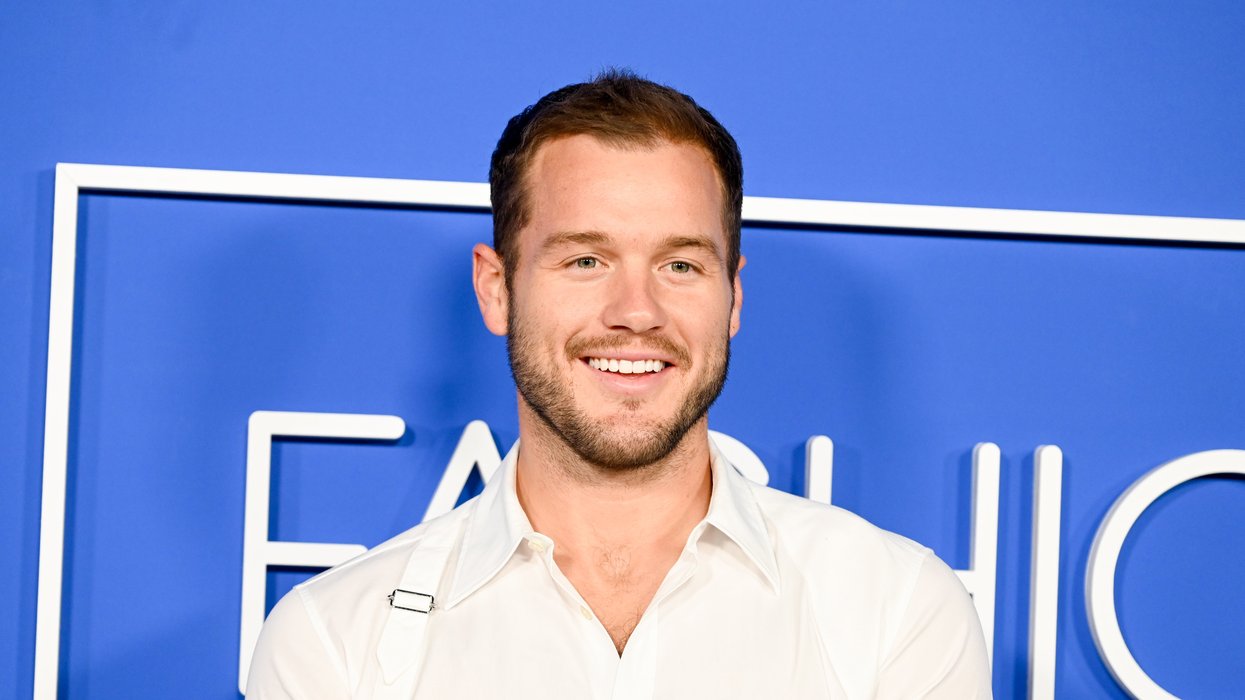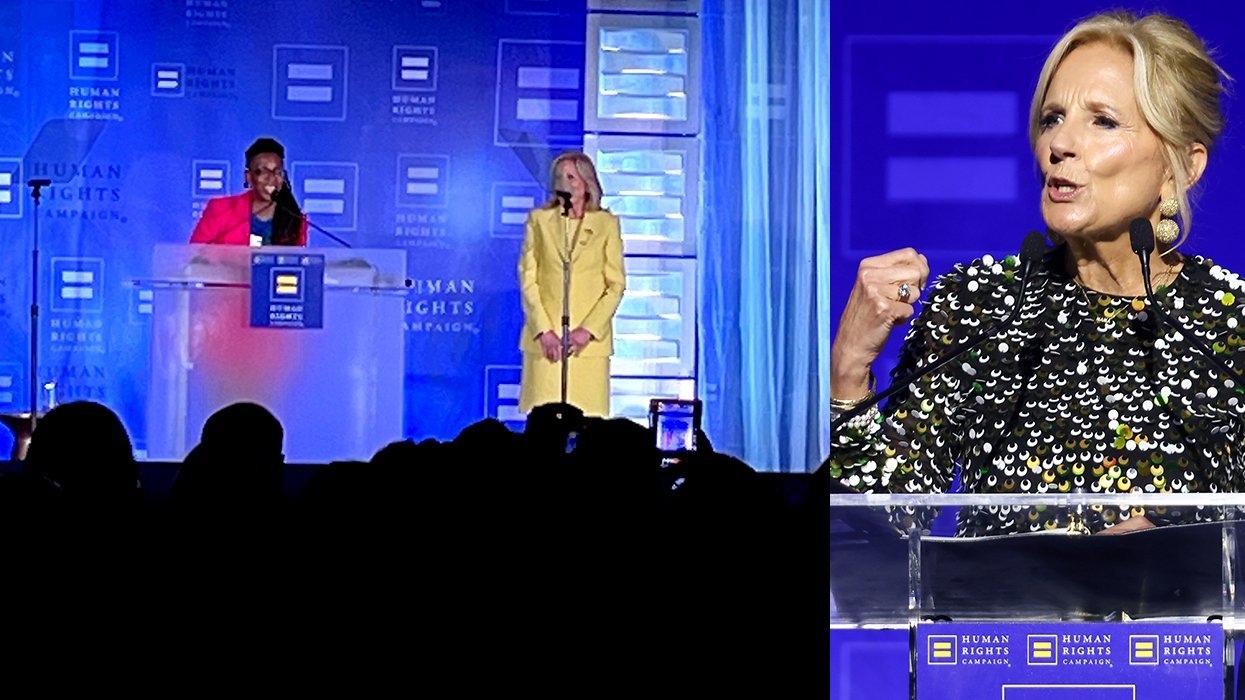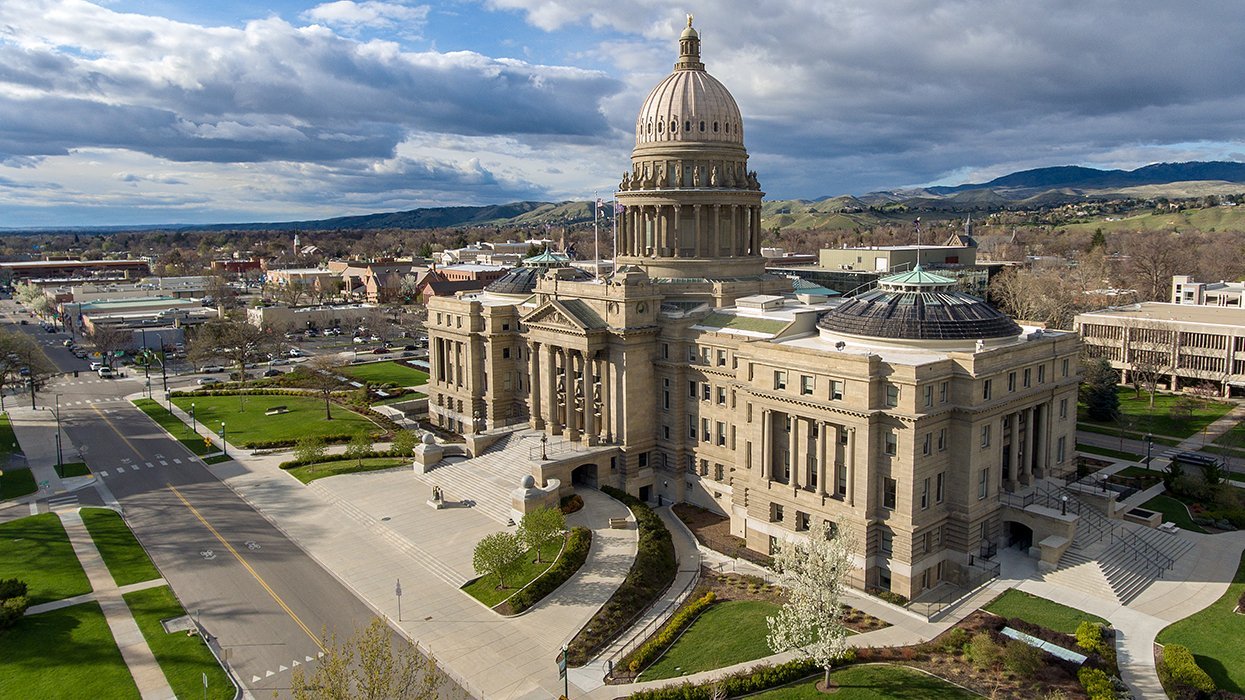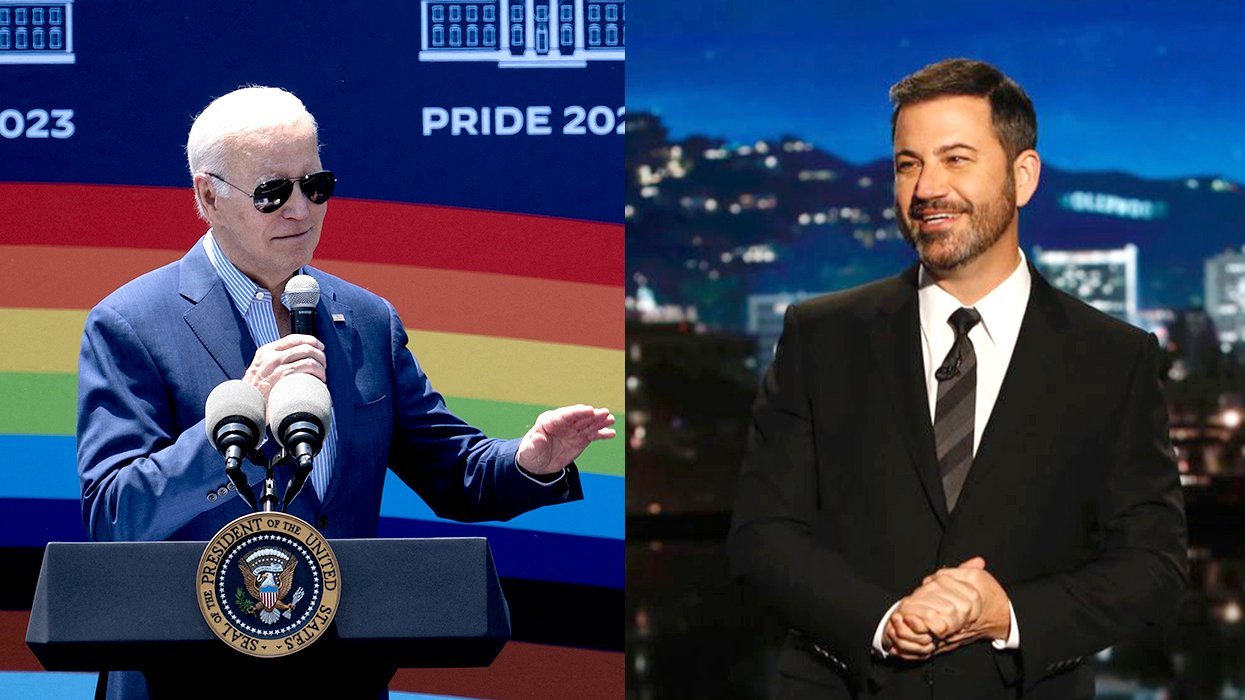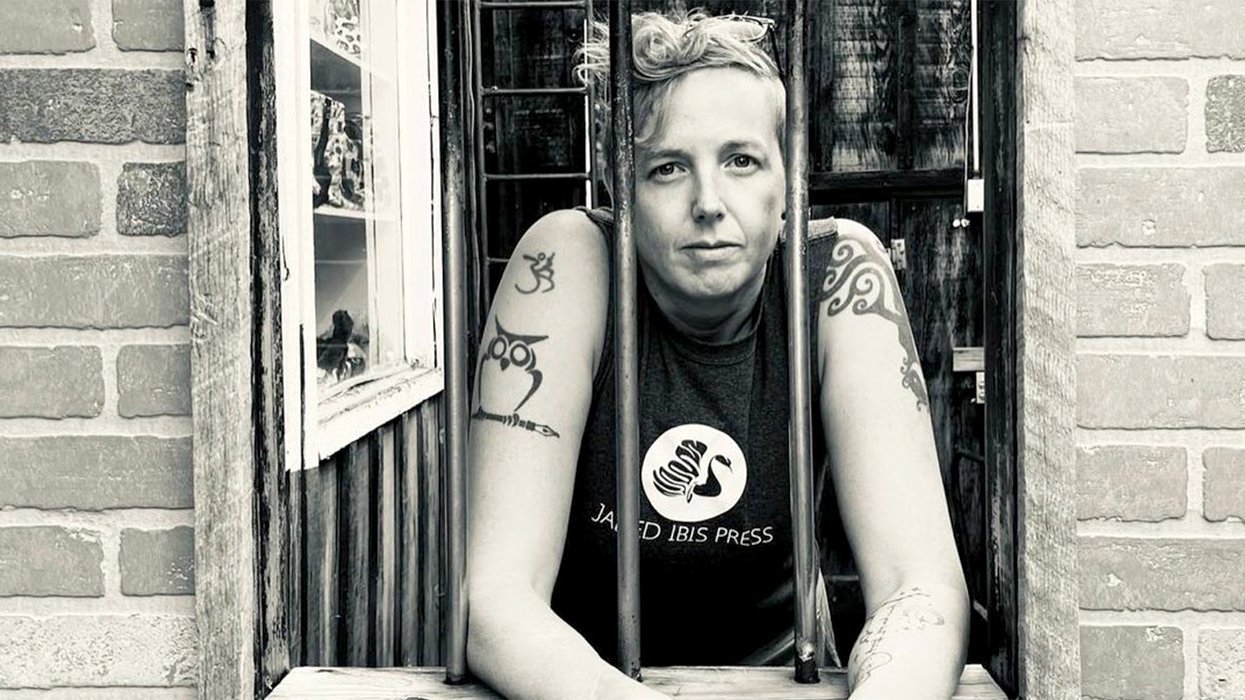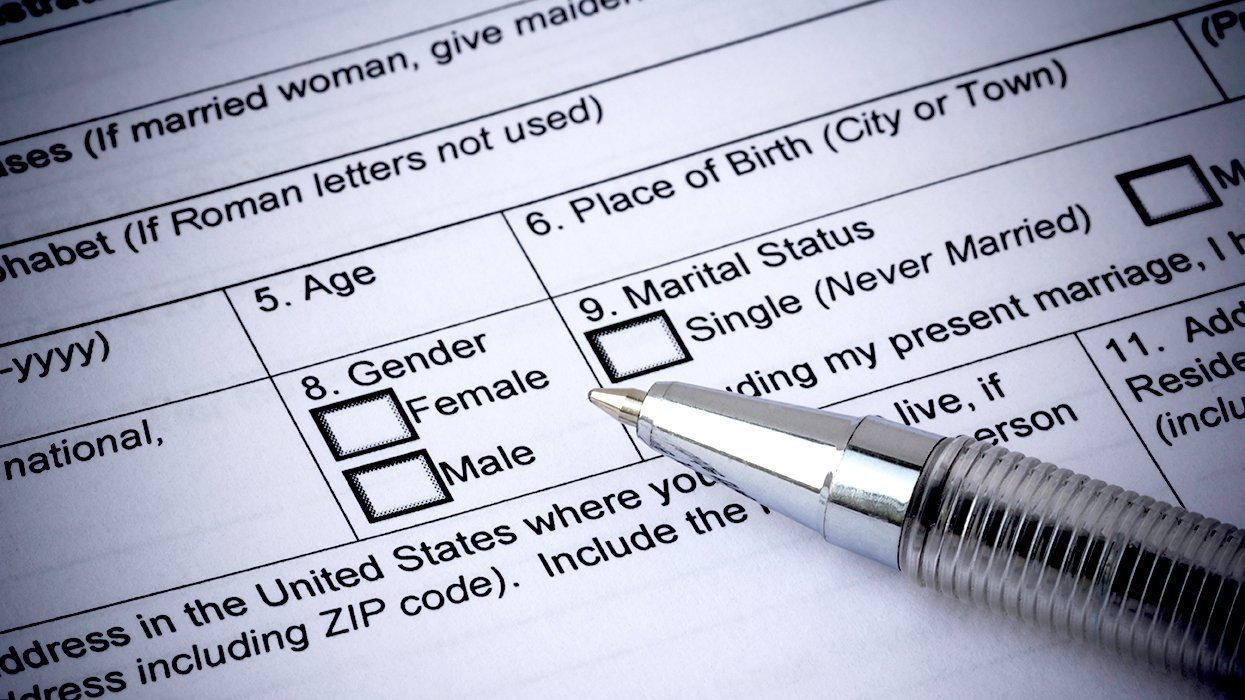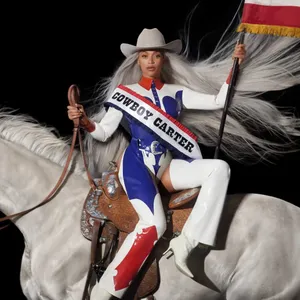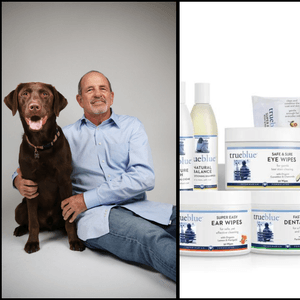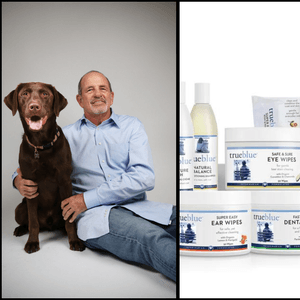Barack Obama's
sprint to the Democratic nomination received another boost
Friday as three more superdelegates pledged their support,
including one who dropped his backing for Hillary
Rodham Clinton's faltering White House bid.
The two Democrats
have been lobbying superdelegates -- who are not bound
by state results -- to line up behind them in the final push
for the nomination. While Obama has presented himself,
albeit subtly, as the inevitable candidate, Clinton's
efforts have been to ward off further defections and
convince the crucial voting bloc that her candidacy still
retained signs of life.
Obama, a step
closer to making history after a strong showing in the
North Carolina primary earlier this week, appeared to be
more convincing in delivering his message. He has now
climbed within a handful of superdelegates of catching
Clinton in endorsements from the party and elected
officials who will ultimately decide the nomination. With
the three new endorsements, the superdelegate count is
Clinton, 271.5, and Obama, 266.
Obama spokesman
Dan Pfeiffer said the candidate was picking up two
lawmakers as superdelegates, including one who had
previously supported the former first lady.
Another
superdelegate, John Gage, president of the American
Federation of Government Employees said Friday he,
too, was endorsing Obama. The union is also throwing
its support behind Obama.
While calling
Clinton a friend and saying she has worked hard for federal
employees, Gage said some members of AFGE's board think
having Obama as the Democratic nominee would help the
party as a whole. The union represents 600,000 workers
in the federal government and Washington, D.C. Obama
received the backing of two other superdelegates Thursday.
In an interview
Friday on the Today show, former Democratic
presidential candidate John Edwards declined to endorse
either candidate -- but, when pressed, made clear who
he thinks has a better shot at beating presumptive
Republican nominee John McCain in the general
election.
''Well, I think
right now, Barack Obama has a better chance, because it
looks like he's going to be the nominee,'' he said.
''I think what he
brings to the table is the capacity, number one, to
unite the Democratic Party; number two, to bring in new
voters, to bring in people who haven't been involved
in the process over a long period of time; and to get
people excited about this change,'' he said.
Clinton
campaigned Thursday on friendly turf in West Virginia, where
she is expected to win in the next vote Tuesday. She
told supporters she had faced similar pressure to
withdraw before she went on to win the New Hampshire,
Ohio, Texas, and Pennsylvania primaries.
''I'm running to
be president of all 50 states,'' Clinton, who would be
the nation's first female president, said Thursday. ''I
think we ought to keep this going so the people of
West Virginia's voices are heard.''
But that race --
one of six remaining contests -- is unlikely to decide a
16-month nomination battle that has both polarized and
riveted Democratic voters. It is mathematically
impossible for either candidate to clinch the
nomination without the support of superdelegates.
As of late
Thursday, Obama had 1,849.5 delegates to Clinton's 1,697,
with 2,025 needed to win the nomination.
That means the
roughly 800 superdelegates are the ones likely to decide
the outcome. Of that total, about 260 remain uncommitted.
About a third of the undeclared superdelegates are
members of Congress.
On the cusp of
making history with his bid to be the U.S.'s first black
president, Obama gently nudged congressional superdelegates
for their support Thursday.
The first-term
Illinois senator was surrounded in the House by
well-wishers calling him ''Mr. President'' and reaching out
to pat him on the back. The glad-handers included a
few Republicans as well as Clinton supporters.
But the
46-year-old was quick to note that Clinton is a formidable
adversary.
Pfeiffer, Obama's
spokesman, said the candidate expects to receive the
endorsement of Rep. Peter DeFazio of Oregon at an event
Friday in his home state. Oregon holds its primary on
May 20.
While polling in
the Pacific Northwest state has been sparse, Obama is
believed to hold a significant advantage over Clinton. With
DeFazio, he will have the endorsement of three of the
state's four Democratic House members.
The Associated
Press has contacted nearly 100 of the undeclared
superdelegates since the Tuesday contests and has found that
many see Obama as the likely nominee, but are
reluctant to make a public commitment until after the
final states hold their votes June 3.
Obama has focused
more intently on McCain in recent weeks. On Thursday,
he accused him of ''losing his bearings'' for repeatedly
suggesting the Islamic militant group Hamas prefers
Obama for president.
That brought an
angry response from McCain's campaign, which accused
Obama of trying to make an issue of McCain's age. Age is a
touchy subject for McCain, who turns 72 in August and
would be the oldest person to be sworn in as president
if elected.
Meanwhile,
Clinton continued to press her case that she was the
candidate most equipped to defeat McCain in November,
though new comments about race dogged her following an
interview with USA Today published Thursday.
In it, Clinton
cited an Associated Press article which found that
''Senator Obama's support among working, hardworking
Americans, white Americans, is weakening again, and
how whites in both states who had not completed
college were supporting me.''
Obama's campaign
did not respond to the comments, which generated buzz in
the liberal blogosphere. (AP)














